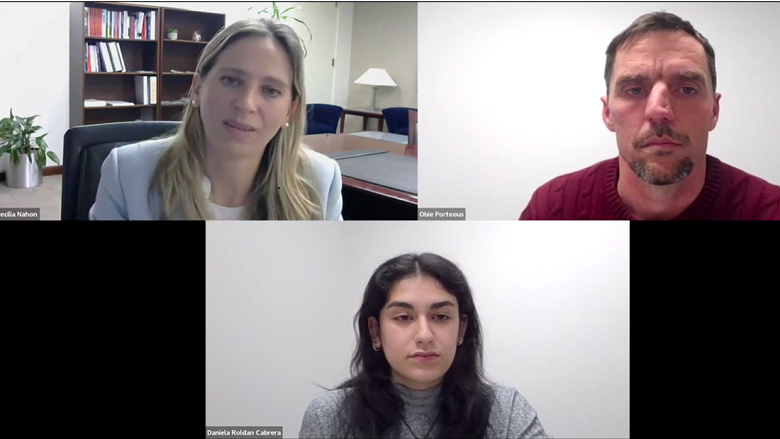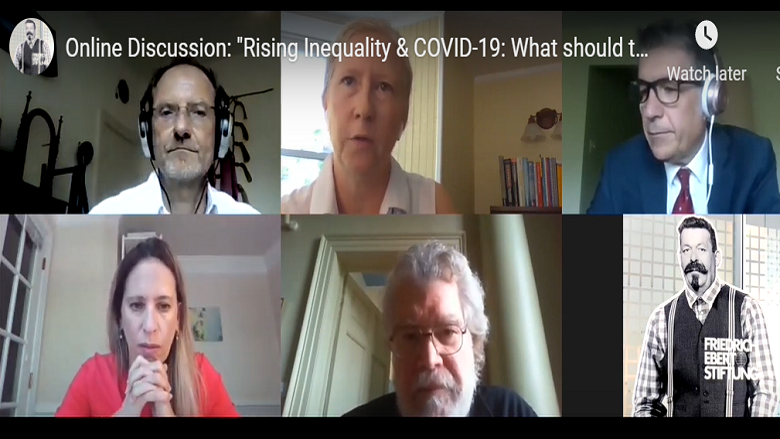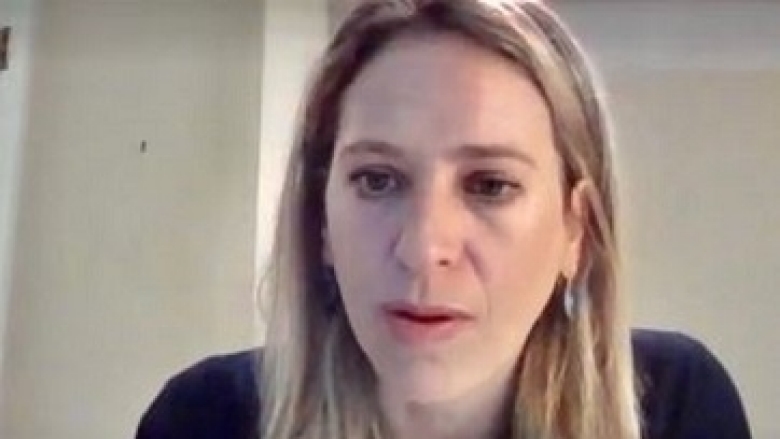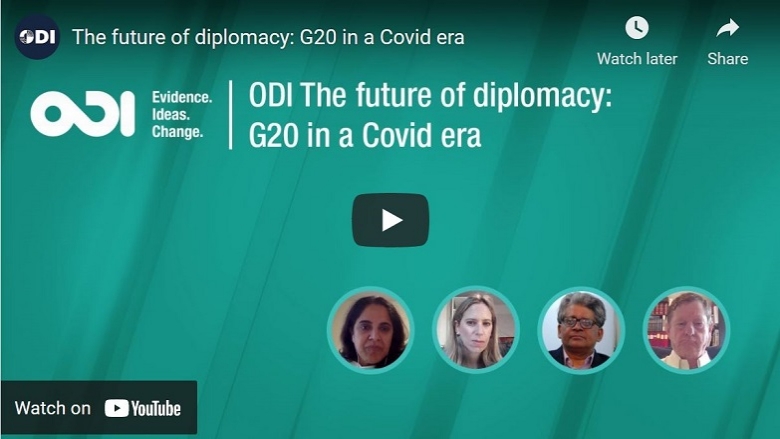EDS08
- Afghanistan
- Albania
- Algeria
- Angola
- Antigua and Barbuda
- Argentina
- Armenia
- Australia
- Austria
- Azerbaijan
- Bahamas, The
- Bahrain
- Bangladesh
- Barbados
- Belarus
- Belgium
- Belize
- Benin
- Bhutan
- Bolivia
- Bosnia & Herzegovina
- Botswana
- Brazil
- Brunei Darussalam
- Bulgaria
- Burkina Faso
- Burundi
- Cambodia
- Cameroon
- Canada
- Cabo Verde
- Central African Republic
- Chad
- Chile
- China
- Colombia
- Comoros
- Congo, Democratic Republic of
- Congo, Republic of
- Costa Rica
- Cote d'Ivoire
- Croatia
- Cyprus
- Czechia
- Denmark
- Djibouti
- Dominica
- Dominican Republic
- Ecuador
- Egypt, Arab Republic of
- El Salvador
- Equatorial Guinea
- Eritrea
- Estonia
- Eswatini
- Ethiopia
- Fiji
- Finland
- France
- Gabon
- Gambia, The
- Georgia
- Germany
- Ghana
- Greece
- Grenada
- Guatemala
- Guinea
- Guinea-Bissau
- Guyana
- Haiti
- Honduras
- Hungary
- Iceland
- India
- Indonesia
- Iran, Islamic Republic of
- Iraq
- Ireland
- Israel
- Italy
- Jamaica
- Japan
- Jordan
- Kazakhstan
- Kenya
- Kiribati
- Korea, Republic of
- Kosovo
- Kuwait
- Kyrgyz Republic
- Lao People's Democratic Republic
- Latvia
- Lebanon
- Lesotho
- Liberia
- Libya
- Lithuania
- Luxembourg
- Madagascar
- Malawi
- Malaysia
- Maldives
- Mali
- Malta
- Marshall Islands
- Mauritania
- Mauritius
- Mexico
- Micronesia, Federated States of
- Moldova
- Mongolia
- Montenegro
- Morocco
- Mozambique
- Myanmar
- Namibia
- Nauru
- Nepal
- Netherlands
- New Zealand
- Nicaragua
- Niger
- Nigeria
- North Macedonia
- Norway
- Oman
- Pakistan
- Palau
- Panama
- Papua New Guinea Somoa
- Paraguay
- Peru
- Philippines
- Poland
- Portugal
- Qatar
- Romania
- Russian Federation
- Rwanda
- Samoa
- San Marino
- Sao Tome and Principe
- Saudi Arabia
- Senegal
- Serbia
- Seychelles
- Sierra Leone
- Singapore
- Slovak Republic
- Slovenia
- Solomon Islands
- Somalia
- South Africa
- South Sudan
- Spain
- Sri Lanka
- St. Kitts and Nevis
- St. Lucia
- St. Vincent and the Grenadines
- Sudan
- Suriname
- Sweden
- Switzerland
- Syrian Arab Republic
- Tajikistan
- Tanzania
- Thailand
- Timor-Leste
- Togo
- Tonga
- Trinidad & Tobago
- Tunisia
- Türkiye
- Turkmenistan
- Tuvalu
- Uganda
- Ukraine
- United Arab Emirates
- United Kingdom
- United States
- Uzbekistan
- Uruguay
- Vanuatu
- Venezuela, Republica Bolivariana de
- Vietnam
- Yemen, Republic of
- Zambia
- Zimbabwe
- About
- Staff
- Constituency
- Voting Powers
- Events and Travel
- Projects
- Publications
Events and Travel
-
Seminar on Production, Education, Work and Development (Organized by OAS and the Economic & Social Council; Buenos Aires, Argentina, May 3-4, 2022)Panel on the Current Global Context and its Impact on Latin America - May 3, 2022
On May 3, 2022, Mrs. Nahon participated in a Seminar on Production, Education, Work and Development, organized by OAS and the Economic & Social Council. She was invited to speak on the current global context and its impact on Latin America. She shared the panel with Enrique Iglesias (first Secretary General of SEGIB and former President of IDB), Enrique Garcia (Former Executive President, CAF), Jose Antonio Ardavin (Chief of LAC Division- Secretariat for Global Relations, OECD), Beatriz Nofal (National Deputy), and Gustavo Beliz (President, Economic & Social Council).
-
 Argentina: Economic Challenges, Sovereign Debt, and Implications for the Global EconomyDecember 2, 2021
Argentina: Economic Challenges, Sovereign Debt, and Implications for the Global EconomyDecember 2, 2021On December 2, 2021, the Rohatyn Center for Global Affairs program on Global Political Economy welcomed Mrs. Nahon to a virtual discussion on myths about Argentina's economic trajector, focusing on debt and debt restructuring over the last decade, as well as lessons learned from Argentina's experience for the international financial architecture.
-
Reforming the International Financial Architecture for Sustainable Development: From Theory to PracticeApril 14, 2021
Organized by the Argentine Ministry of Economy, this session focused on the need to reform the existing market approach to sovereign debt restructuring and the possibility of working toward a multilateral framework. Specifically, the session addressed the question on how the implementation of a multilateral framework could look in practice, answering questions such as: what is the best institutional design for a multilateral mechanism of this type? What specific tasks would it undertake? Is it convenient that it be based on an international treaty? What are the advantages of opting for a soft-law mechanism? Should the IMF be involved in the implementation of this mechanism? And what would its location be in the organization chart of the United Nations?
Moderator: Cecilia Nahon, Alternate Executive Director for Argentina and the Southern Cone, World Bank Group
Speakers:
Odette Lienau, Professor of Law, Cornell University
Rodrigo Olivares, Professor of Banking and Financial Law, Queen Mary University
Ilias Bantekas, Professor of International Law and Arbitration, Hamad Bin Khalifa University
-
G-24 Virtual Technical Group Meeting Session 5 on "Addressing the Challenge of Sovereign Debt DistressMarch 18, 2021
This session discussed the state of debt vulnerabilities among developing countries, reflected on ways to improve the architecture for sovereign debt resolution and support highly indebted economies in these exceptional times, and discussed developments in the IMF/WB’s debt sustainability assessments and debt-related initiatives in the near term. On the creditor side, trends from a recent comprehensive data base on China’s lending to developing countries w presented.
Welcome Remarks: Marilou Uy, Director, G-24 SecretariatModerator: Cecilia Nahon, Alternate Executive Director, World Bank Group Board of Directors
Speakers:
Homi Kharas, Senior Fellow, Global Economy and Development, Center for Sustainable Development in the Brookings Institution
Ugo Panizza, Professor of Economics and Pictet Chair in Finance and Development, Graduate Institution of International and Development Studies in Geneva
Jeromin Zettlemeyer, Deputy Director, Strategy, Policy and Review Department, IMF
Dr. Deborah Bräutigam, Professor of Political Economy, Bernard L. Schwartz and Director, China Africa Research Initiative, Johns Hopkins University’s School of Advanced International Studies (SAIS) -
The Future of Diplomacy: G20 in a COVID EraNovember 17, 2020
Held in the run-up to the G20 Summit in Riyadh over November 21-22, 2020, the event explored several questions with leading scholars and policy makers relating to the future of the G20 as a pre-eminent institution of global governance. They discussed the failure of the G20 to respond to Covid-19 and whether this derived from broader institutional failures. This discussion also considered the G20’s role as a financing coalition for global challenges, whether its consensus-based decision-making procedures represented a fatal flaw, and what reforms might allow it to become a more robust platform for global policy-setting.
This event is part of the ODI at 60 series
Speakers
Nilima Gulrajani (Chair), Senior Research Fellow, ODI
Cecilia Nahon, Alternate Executive Director for Argentina and the Southern Cone, World Bank Group
Rathin Roy, Managing Director for Research and Policy, ODI
John Kirton, Director of the G20 Research Centre, University of Toronto
-
 Rising Inequality and COVID-19: What should the World Bank do?June 29, 2020
Rising Inequality and COVID-19: What should the World Bank do?June 29, 2020Organized by Friedrich Ebert Stiftung (FES), this interactive discussion was kicked-off with a presentation by Mr. Jürgen K. Zattler (former World Bank Group Executive Director for Germany) on his FES publication, “Rising Inequality”, followed by interventions from Prof. Gabriel Palma (Cambridge University), Cecilia Nahón (World Bank Alternate ED for Argentina, Bolivia, Chile, Paraguay, Peru and Uruguay), and Patrizio Pagano (World Bank ED for Albania, Greece, Italy, Malta, Portugal, San Marino and Timor-Leste).




